- Quick Summary
- Develop Good Financial Habits
- Take Advantage of a 401(k)
- Use Extra Cash Wisely for an Emergency Fund
- Pay Your Future Self First
- Be Aggressive with Asset Allocation
- Purchase Disability Insurance
- Consider Staying with a Job Until Vested
- Manage Debt and Expenses
- Review and Adjust Your Plan
- Conclusion

- Quick Summary
- Develop Good Financial Habits
- Take Advantage of a 401(k)
- Use Extra Cash Wisely for an Emergency Fund
- Pay Your Future Self First
- Be Aggressive with Asset Allocation
- Purchase Disability Insurance
- Consider Staying with a Job Until Vested
- Manage Debt and Expenses
- Review and Adjust Your Plan
- Conclusion
The 20s are turbulent financially, but by the time you're in your 30s, finances should have settled down. Although you may have children and a mortgage, it's important to start preparing for retirement. Here are ten things you need to do in your 30s to prepare for retirement.
1. Develop Good Financial Habits

Developing good personal finance habits is crucial in your 30s. This is when tracking your income and expenditures comes into play. When you know your expenditures, you’ll see what you can cut. This will help free up money to put in a Roth IRA or savings account.
2. Take Advantage of a 401(k)

Taking advantage of a 401(k) or other employer-sponsored retirement plan is a fantastic way to boost your retirement savings. Contributions to a 401(k) are made before income taxes, which means you reduce your taxable income for the year. This tax advantage allows your money to grow tax-free until you withdraw it in retirement. Many employers also offer matching contributions to their 401(k) plans, which is essentially free money that can significantly accelerate your retirement savings. Even if you can’t contribute the maximum amount, aim to contribute enough to get the full employer match. This is a smart and efficient way to save for retirement and take full advantage of the benefits offered by your employer.
3. Use Extra Cash Wisely for an Emergency Fund

When you receive a bonus or tax refund, don't be short-sighted and splurge. Instead, put at least half of it away into your retirement account. You'll find this easier since it wasn't figured into your budget and, therefore, won't be missed.
4. Pay Your Future Self First
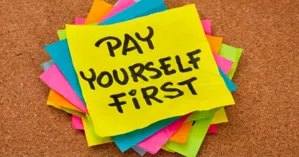
When you are paid or receive any extra money ensure you set something aside before you pay bills or make extra purchases. That way you’ll ensure you’re cutting your expenses to accommodate it. Your future is more important than that daily coffee shop visit. Your future self will thank you for making wise financial decisions today. Pay that money to yourself first.
5. Be Aggressive with Asset Allocation
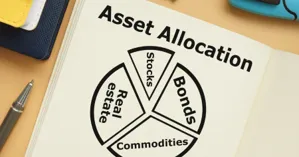
Because you're young, you can afford to invest aggressively. When the market is volatile, stay focused on your goals. Stock declines are difficult to endure, but these are normal. You're in it for the long term. You can weather a setback and wait for the rebound.
6. Purchase Disability Insurance
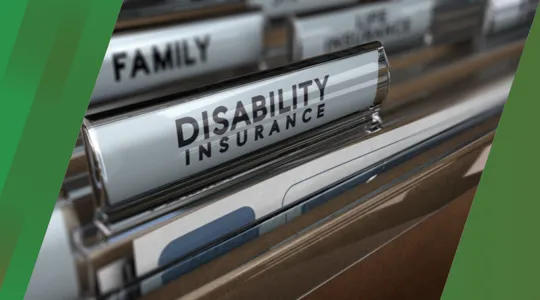
This might look odd for retirement planning, but not having it can derail you. If you're in an accident or sick and can't work, you'll lose income. You might even have to dip into your retirement fund or go into debt. Having disability insurance can save you financially.
7. Consider Staying with a Job Until Vested
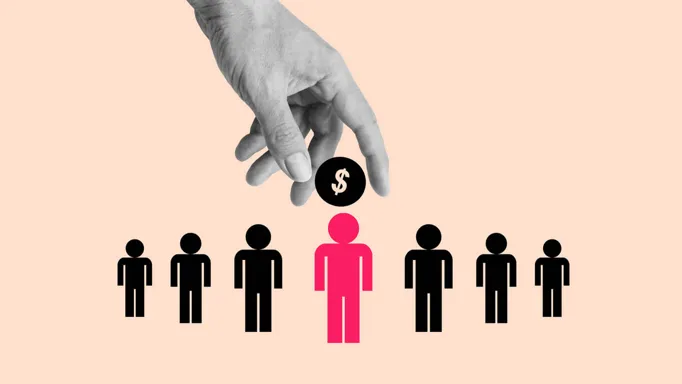
Many employers require you to work a specific length of time before you’re eligible for full benefits. This is called “vesting”. Staying with a job until vested can also help you take advantage of qualified withdrawals tax-free from your retirement accounts. Check and see how long you must work before you are vested. It might be worth staying another year so you’ll have your full retirement money.
8. Manage Debt and Expenses
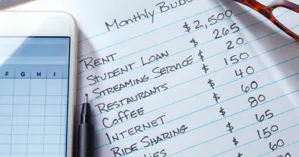
Managing debt and expenses is essential for maximizing your ability to save for retirement. High-interest debt, such as credit card debt, can significantly hinder your savings efforts. Make it a priority to pay off high-interest debt aggressively. Additionally, look for ways to cut back on unnecessary expenses. This could include negotiating a lower rate on your credit card or finding more cost-effective alternatives for everyday expenses. By effectively managing your debt and expenses, you can free up more money in your budget to allocate towards your retirement savings, ensuring a more secure financial future.
9. Review and Adjust Your Plan
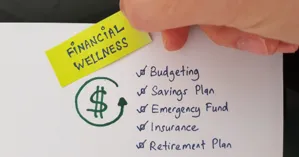
Regularly reviewing and adjusting your retirement plan is essential to stay on track with your financial goals. Life changes, such as a job change or the birth of a child, can impact your retirement strategy. Consider consulting with a financial advisor to review your retirement plan and make any necessary adjustments. They can help you determine if you’re saving enough and provide guidance on how to optimize your retirement investments. By consistently reviewing and adjusting your retirement plan, you can ensure that you’re on the right path to achieving a secure and comfortable retirement.
Conclusion
Your 30s are not too young to start thinking about retirement. Starting in your 30s, you could make a $100,000 difference in your future funds. Look at your budget, pay yourself first, and use that 401(k), and you'll be on your way.



